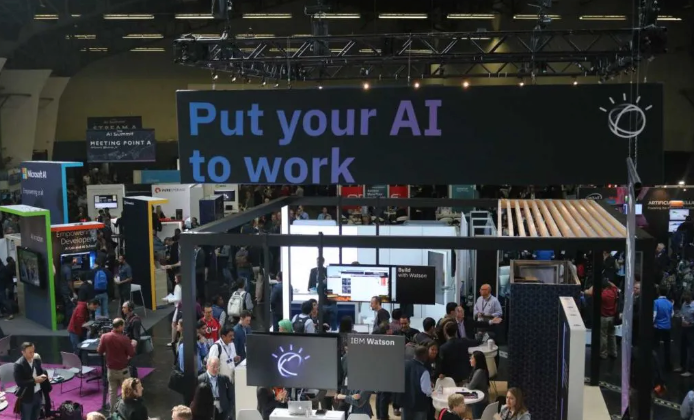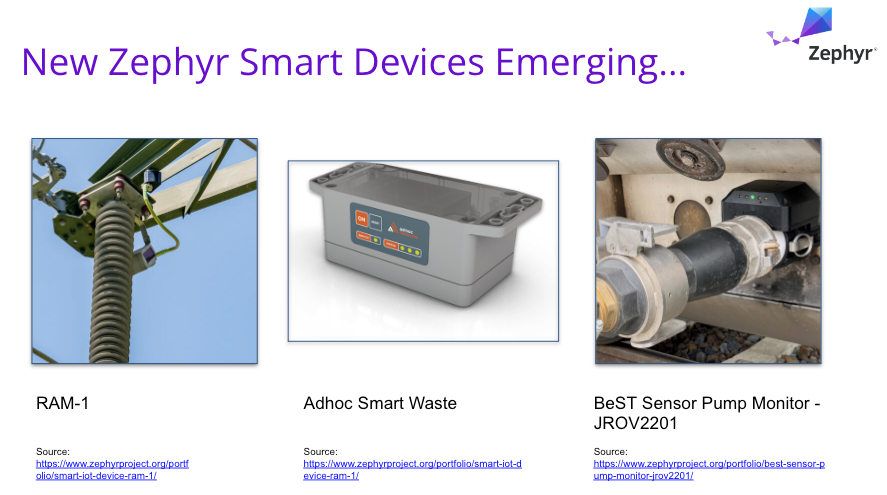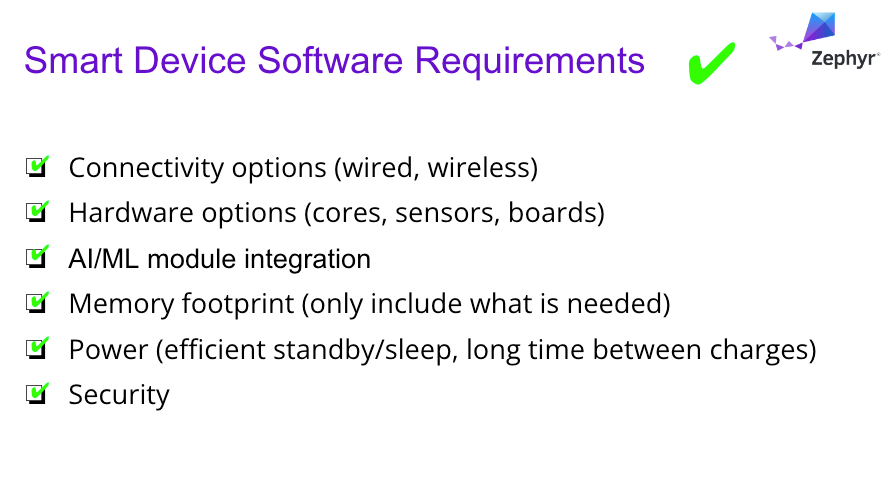This week, the popular AI Summit event series is heading to this Austin, Texas alongside IoT World on November 2 and 3.

The move coincides with a joining of forces between two flagship events: IoT World and the AI Summit. The partnership will provide increased opportunities to create connections through hosted events and numerous opportunities to meet fellow technologists.
Taking place at the Austin Convention Center, visitors will gain access to a network of senior decision-makers, practitioners and data scientists. Austin is a premier tech destination. In fact, there are 64,000 manufacturing jobs in Austin, 62% of which are in high tech – companies like Google, Amazon, SpaceX, Whole Foods, Uber, and Delorean Motor Company have relocated there. Not to mention the fact that Austin is home to Tesla’s new Gigafactory, a sprawling complex that covers a 2,500 acres along the Colorado River.
Attend thought provoking panels like Joining Forces: When Artificial Intelligence Meets the Internet of Things, Collaboration in the Age of Industrial IoT: Bridging the Relationship between IT/OT to Improve Operations, and Future of Emerging Tech: Optimizing Intelligent Connectivity and Speed with 5G, AI and IoT.
Kate Stewart, the Vice President of Dependable Embedded Systems at The Linux Foundation, will be on-site on Thursday, November 3 at 1:40-2:05 pm to give a presentation titled, “Machine Learning on Resource Constrained Devices.”
The Internet of Things has become pervasive in our daily home and work environments like factories, agriculture, mining, etc. IoT devices are growing so fast because they provide the data necessary for insights on how to do things smarter and more efficiently.

Collecting data from IoT end point devices enables more intelligent decision making. However a lot of these end point devices are resource constrained, either in terms of power, memory or communication capabilities – sometimes all three. Being able to apply machine learning on these end point devices is possible, and enables system wide efficiencies to be realized. This talk will explore the requirements and tradeoffs for such system to be considered when using the Zephyr RTOS and Tensorflow Lite for Embedded Microcontrollers projects.
